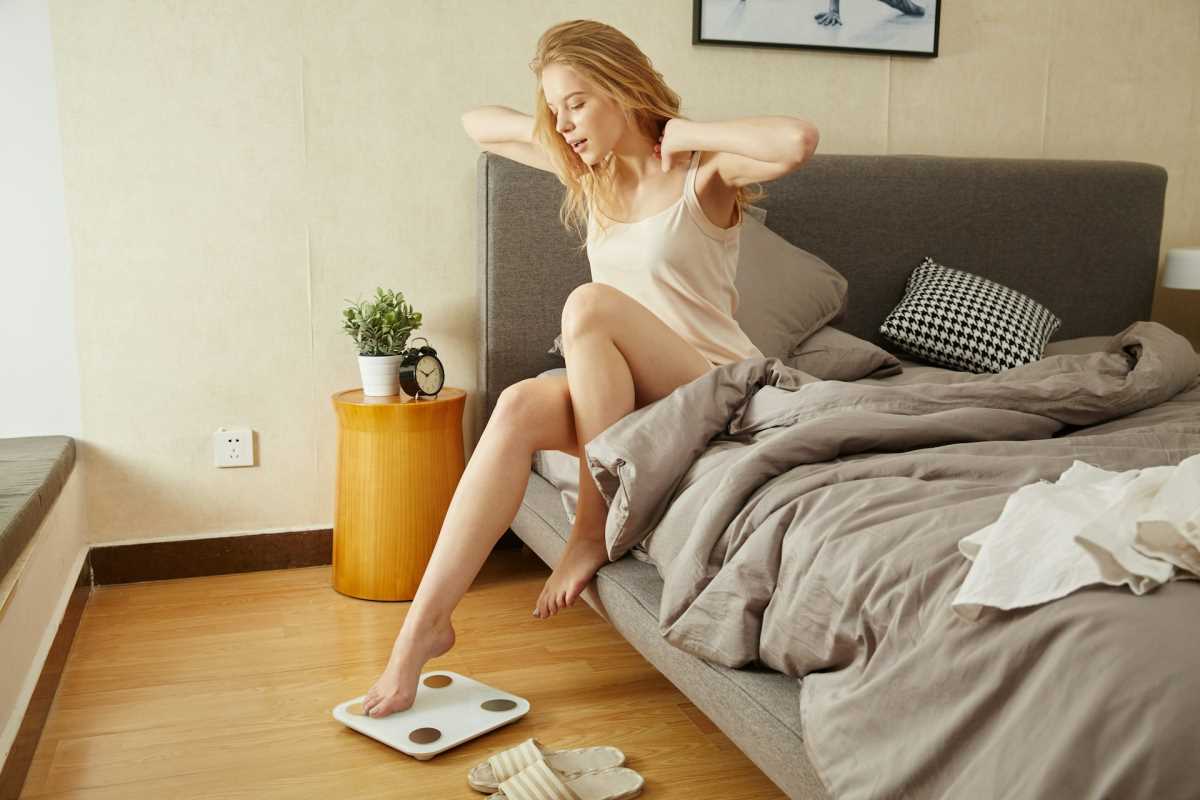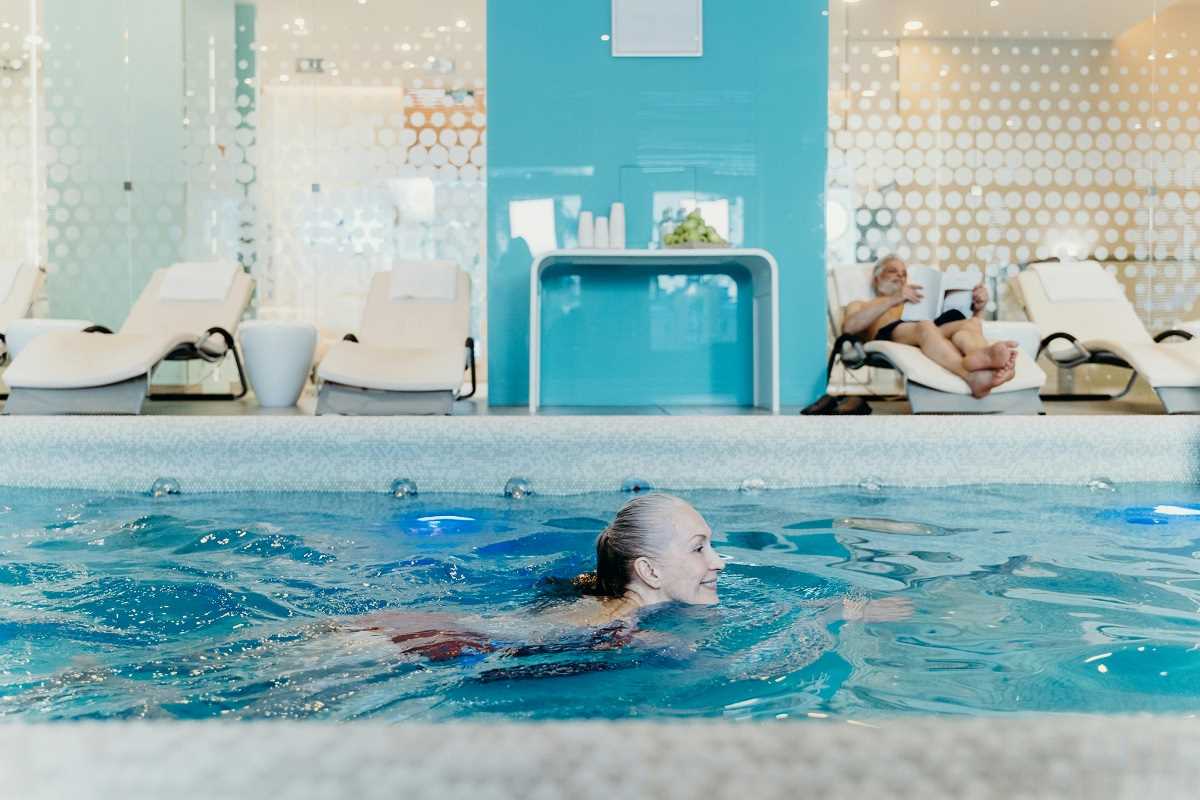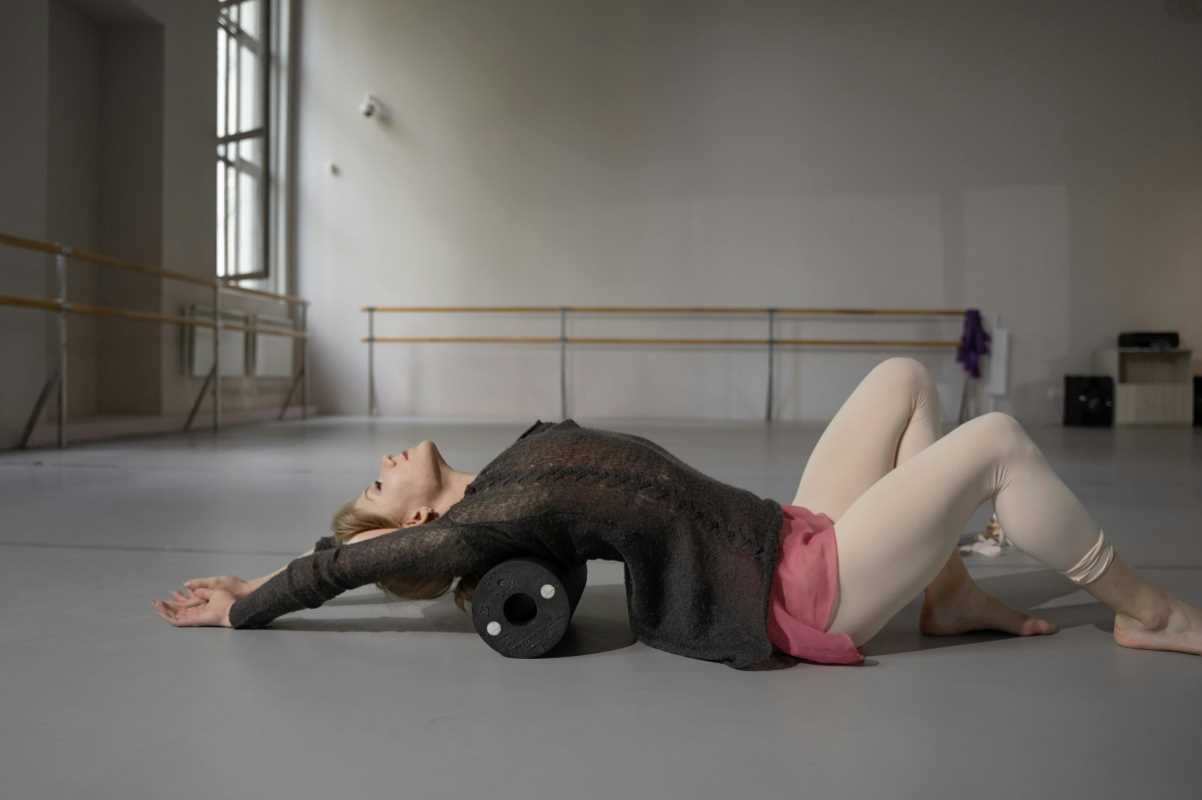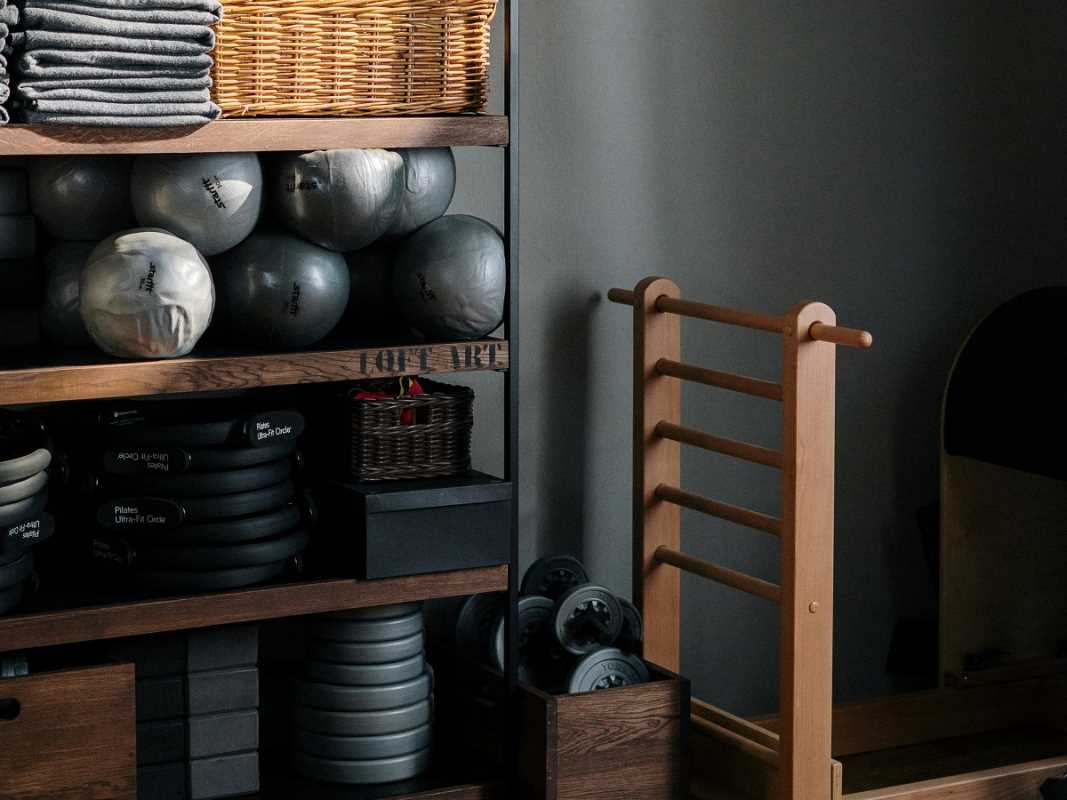Would you believe that something as simple as drinking enough water could dramatically impact your physical abilities? It might sound too good to be true, but hydration is one of the most powerful tools for health. Whether you're going for a walk, preparing for a gym session, or just navigating your busy day, proper hydration helps you feel, look, and move your best. For middle-aged women, in particular, staying hydrated can support energy levels, boost concentration, and even keep your skin glowing.
But what does hydration actually do for the body? To fully understand how it impacts physical performance, we need to explore its role in the body's systems and the signs that dehydration may be sabotaging your efforts.
What Does Water Do for Your Body?
Water isn’t just a drink you grab when thirsty. It’s literally the lifeblood of your body, making up about 60% of your body weight. Every cell, tissue, and organ in your body depends on water to function. Here are some unsung ways water works behind the scenes:
- Regulates body temperature: When your body heats up, whether from exercise or a summer day, you sweat to cool down. That sweat? It’s mainly water.
- Carries nutrients to your cells: Water powers circulation, helping your bloodstream deliver oxygen and nutrients to every corner of your body.
- Flushes toxins: Your kidneys rely on water to filter waste, keeping you healthy and feeling your best.
- Lubricates your joints: Movement feels smoother when your joints are hydrated, which is great news if you’ve experienced joint stiffness or soreness.
These processes are especially critical when exercising. When you're running low on water, your body simply can’t perform at its peak.
Why Dehydration Affects Performance
When you don’t drink enough water, your body starts sending out warning signs. It can feel like fatigue during exercise, muscle cramping, or even a headache that pulls your focus. Dehydration impacts your body in two major ways during physical activity:
- Reduced energy: Water is essential for maintaining healthy blood circulation, which delivers oxygen and nutrients to your working muscles. Without it, you begin to feel sluggish or weak.
- Overheating: Dehydration makes it harder for your body to manage heat. This is why working out without enough water can leave you drenched in sweat and incredibly tired, faster than you’d expect.
Even losing 1-2% of your body weight in water (less than three pounds for most people) is enough to hurt performance. Athletes talk about losing their “edge” when dehydrated, but you don’t have to be running a marathon to feel the same effects during daily life or moderate workouts.
How Much Water Do You Actually Need?
While there’s no one-size-fits-all answer, most experts recommend aiming for around eight 8-ounce glasses of water a day, also known as the "8x8 rule." However, your actual needs will depend on a range of factors, including:
- Age and gender
- Activity level
- Weather conditions
- Overall health
For middle-aged women, hydration can often become even more essential due to hormonal changes. Factors like menopause or medication use might subtly increase your water needs, making it even more important to stay on top of your intake.
If you’re active or live in a warm climate, you may need more. And don't forget, foods like fruits and vegetables (cucumbers, lettuce, and watermelon in particular) can also contribute to your daily water intake!
Signs You're Not Drinking Enough
Your body has ways of letting you know it needs water. Knowing what to look for is critical, especially if you’re active. Watch out for these signs of dehydration:
- Dry mouth or cracked lips
- Dark yellow urine (your pee should be pale like lemonade)
- Fatigue and low energy
- Headaches or dizziness
- Muscle cramps
- Feeling unusually hot or sweaty
The best advice? Don’t wait until you feel thirsty. Thirst is often a delayed signal that your body has been craving water for a while.
Hydration Tips for Peak Performance
Want to feel your best, no matter what activities your day involves? Incorporating a few smart hydration tips into your routine can make a big difference:
- Start your day with water: Kick off your morning with a glass of water before you reach for coffee or tea. This helps rehydrate your body after a night’s sleep.
- Set reminders: If you’re busy, it’s easy to forget to drink enough water. Set hourly reminders on your phone, or invest in a cute water bottle to keep with you.
- Don’t rely on sugary drinks: Sports drinks and juices can give you a quick energy boost but don’t overdo it! They often have unnecessary added sugar and may not hydrate you as well as plain water.
- Hydrate during exercise: For short workouts, water alone is fine. For longer sessions (over an hour), consider adding an electrolyte drink to replenish the minerals lost through sweat.
- Eat water-rich foods: Add foods like oranges, celery, strawberries, and bell peppers to your meals to get bonus hydration without extra effort.
Remember, consistency is key. Staying hydrated throughout the day is much more effective than trying to down several glasses at once.
The Extra Glow Factor
Beyond physical performance, proper hydration has beauty benefits that many middle-aged women love. Dehydration can leave your skin looking dull, tight, and prone to fine lines. Drinking enough water helps skin stay hydrated from the inside out, improving elasticity and that sought-after glow. Plus, water supports the body’s natural detox process, helping to clear out impurities that could lead to breakouts.
Another bonus? Hydration helps prevent bloating. Many women think drinking lots of water can lead to water retention, but in reality, the opposite is true. When you’re consistently hydrated, your body has no reason to hold onto excess fluids.
Hydration Goes Beyond Water
Of course, water plays the starring role, but it’s not the whole story. For hydration that truly supports top physical performance, you also need a balance of minerals known as electrolytes. These include sodium, potassium, magnesium, and calcium.
Electrolytes regulate fluid balance, muscle contractions, and nerve signals, making them an essential part of your hydration game. You can find them in foods like bananas, spinach, yogurt, and nuts or in electrolyte powders and drinks designed for active lifestyles. Just watch out for ones loaded with added sugars!
Long-Term Payoffs of Good Hydration
The benefits of staying hydrated don’t just stop at exercise or physical performance. Making hydration a habit supports long-term health in surprising ways. It can:
- Improve digestion
- Boost focus and memory
- Reduce the risk of kidney stones
- Lubricate joints for more comfortable movement
- Support weight management by reducing overeating (sometimes mistaken for hunger)
Whether you’re tackling a workout, busy with work, or spending time with loved ones, staying hydrated helps ensure you bring your best self to the table.
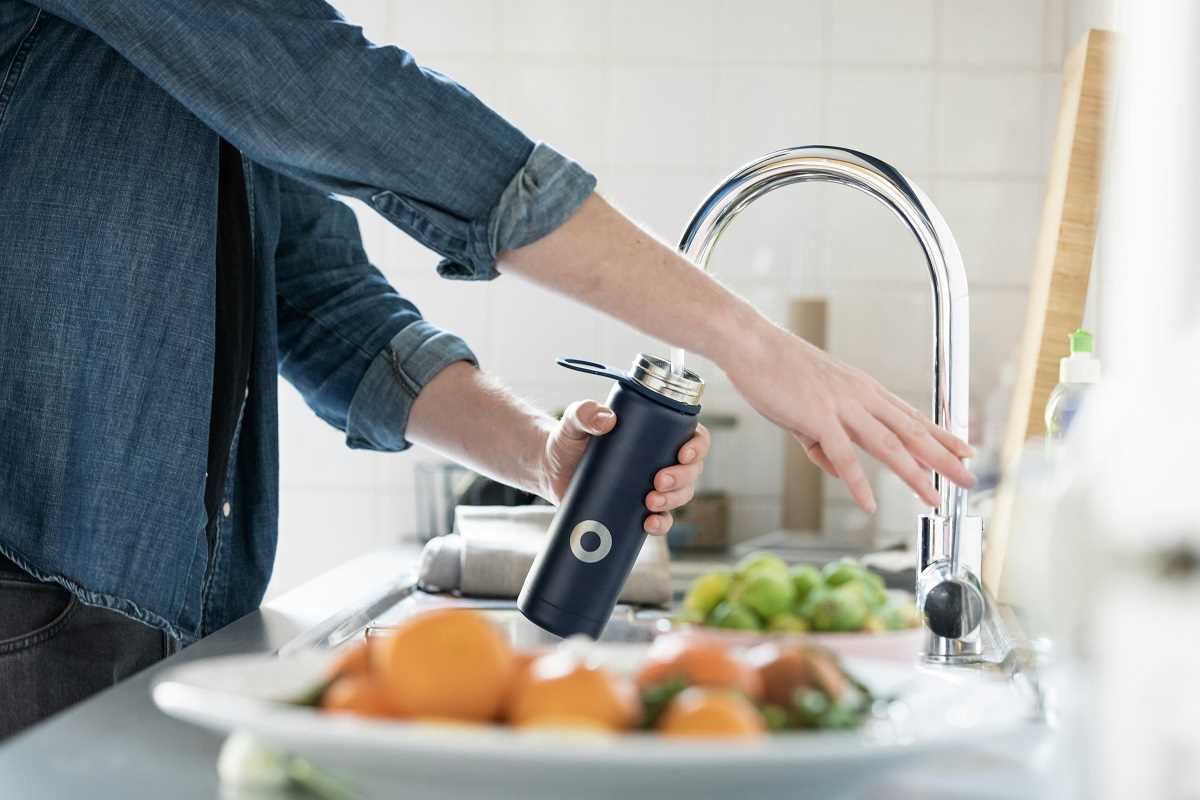
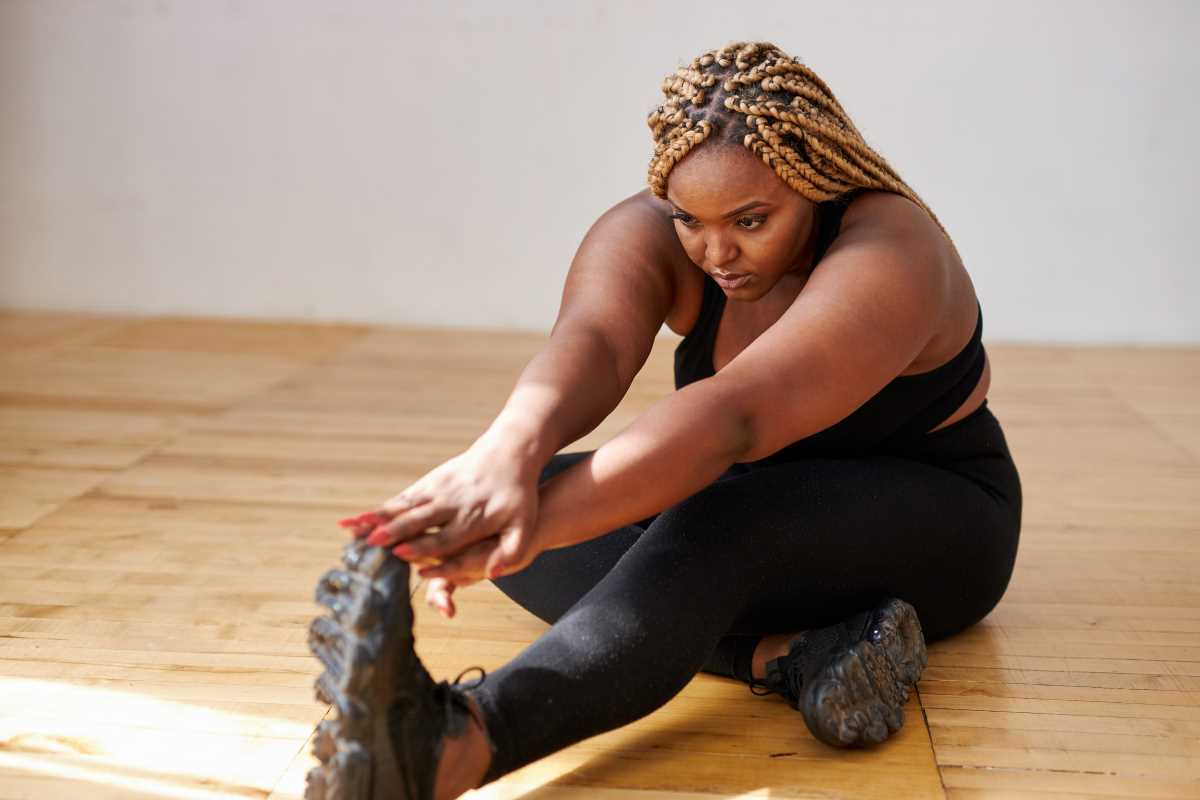
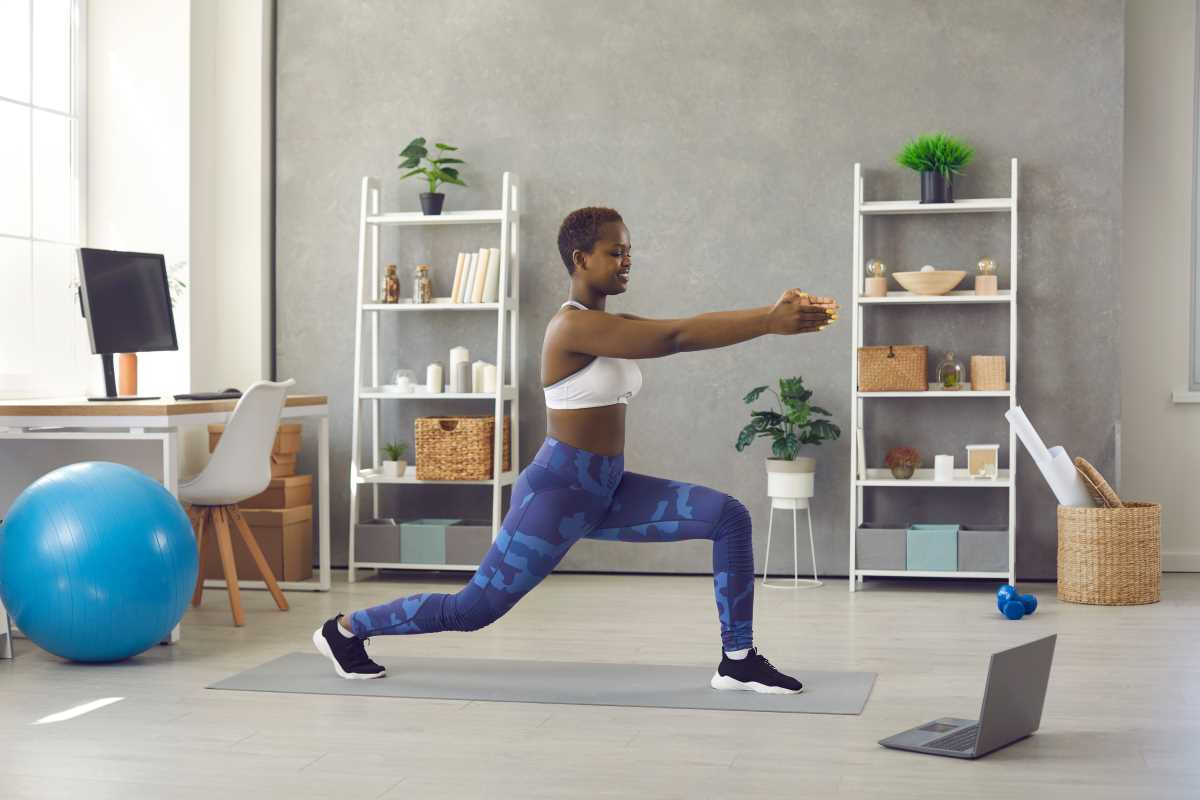
.jpg)
